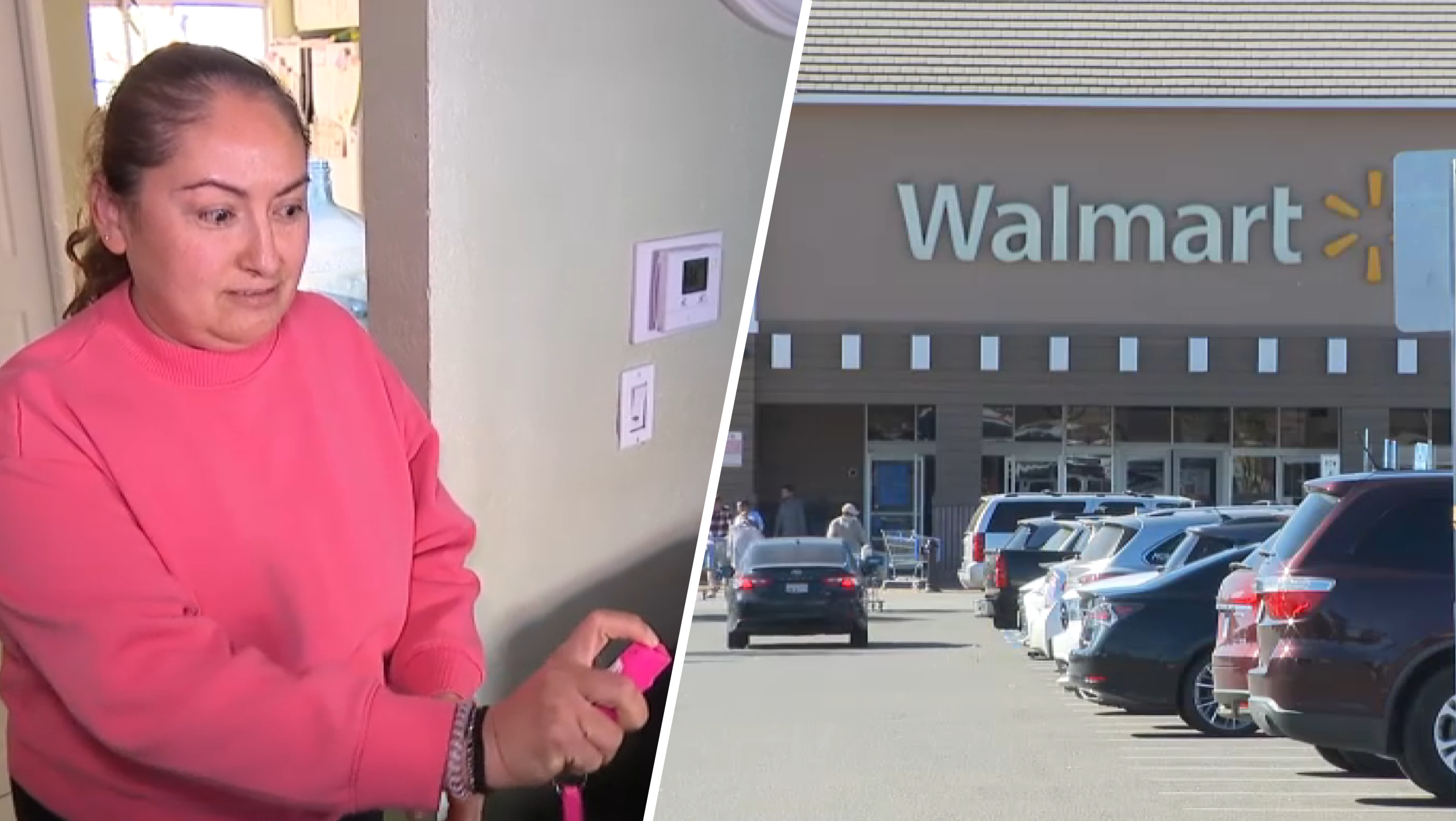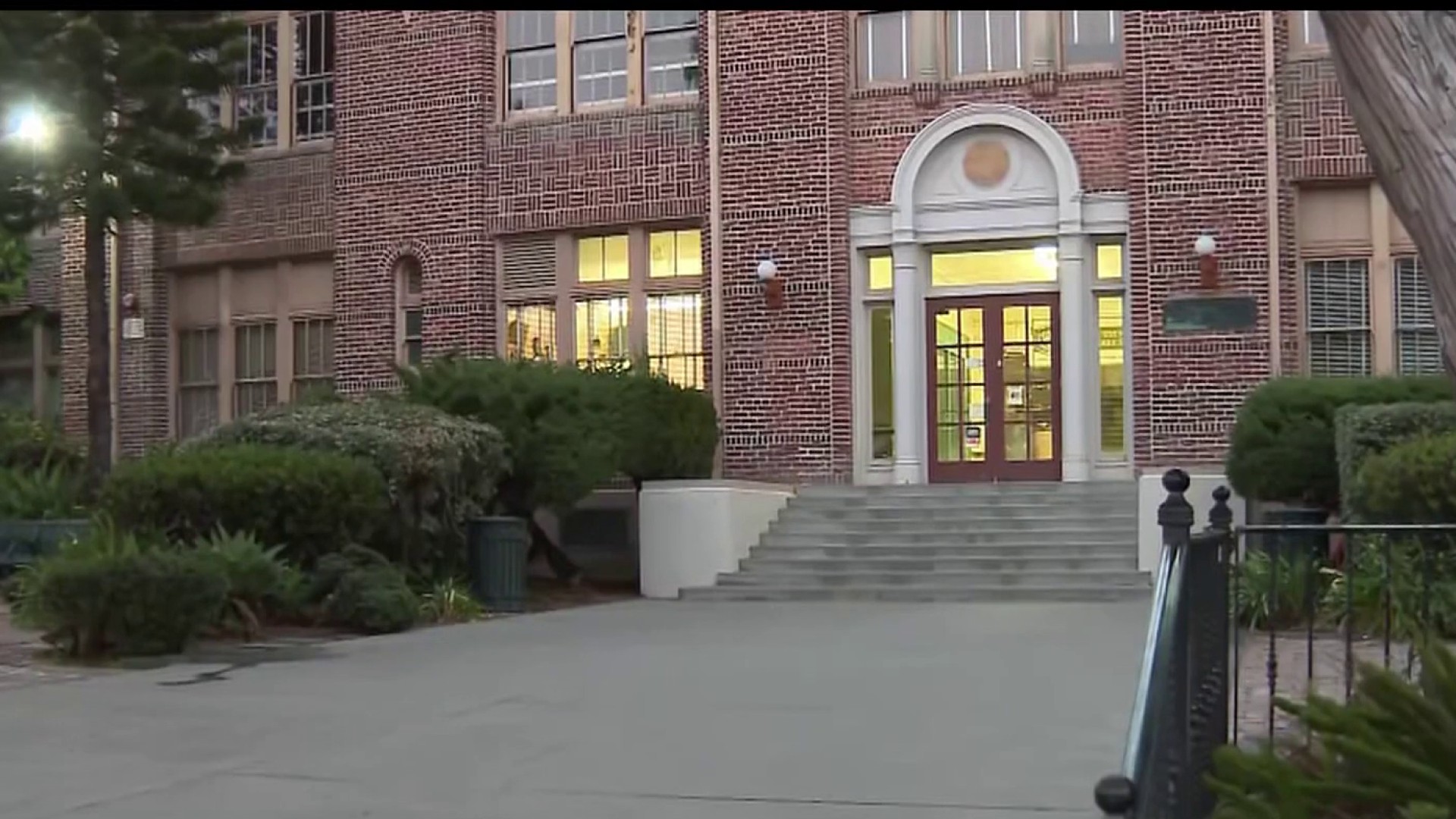An investigation is underway into a serial rapist who police say has assaulted at least three women and attacked many others in Los Angeles' Little Tokyo area.
Kenneth Alan Woolfolk, 37, was arrested after a victim came forward on Oct. 3, saying she had been raped in a tent near the intersection of 1st Street and Judge John Asio.
“Detectives were conducting a follow-up investigation. When they observed a suspect, a person matching the description of the suspect, that suspect was taken into custody and positively identified as the suspect of that rape,” said Officer Jader Chaves with the Los Angeles Police Department.
Two other women also reported Woofolk, giving the same description of the suspect.
Get top local stories in Southern California delivered to you every morning. >Sign up for NBC LA's News Headlines newsletter.
Woolfolk is believed to be experiencing homelessness, as a homeless crisis response worker told NBCLA’s sister station Telemundo 52 that Woolfolk has been living on the streets with his mother.
“Based on the evidence that we've collected, it is believed that this suspect is preying on vulnerable individuals that are experiencing homelessness,” Chaves said.
Woolfolk was booked into jail on Oct.18 but released four days later. According to the Sheriff’s website, the District Attorney did not charge him. The DA’s office says the case is under investigation.
Police suspect Woolfolk may have attacked other women, and investigators are asking anyone with information to come forward.
Sexual violence against people living on the streets is not uncommon.
“Naturally when you're outside and just exposed,” Veronica Lewis, Director of HOPICS, a homeless services organization, said. “There is a significantly high rate of violence, and women, disproportionately, are part of that.”
A 2022 LA County Women’s Needs Assessment found 20% of women surveyed said they were forced or pressured into unwanted sexual activity while homeless.
Lewis said women resort to various tactics to stay safe including wearing multiple layers or baggy clothes, carrying knives or even using stimulants and drugs that keep them up at night.
“You're even more at risk when the lights go off,” Lewis explained.



